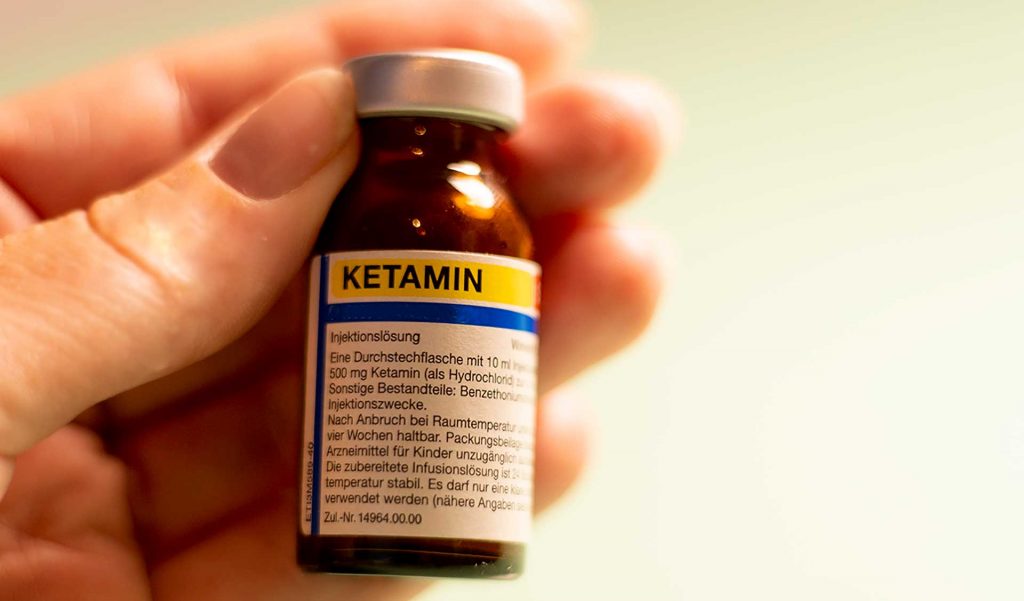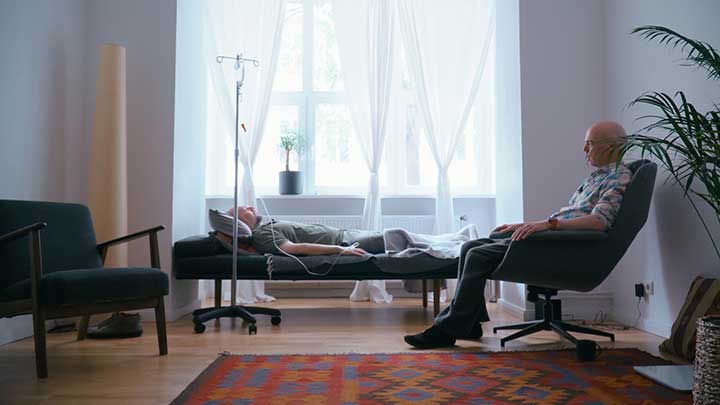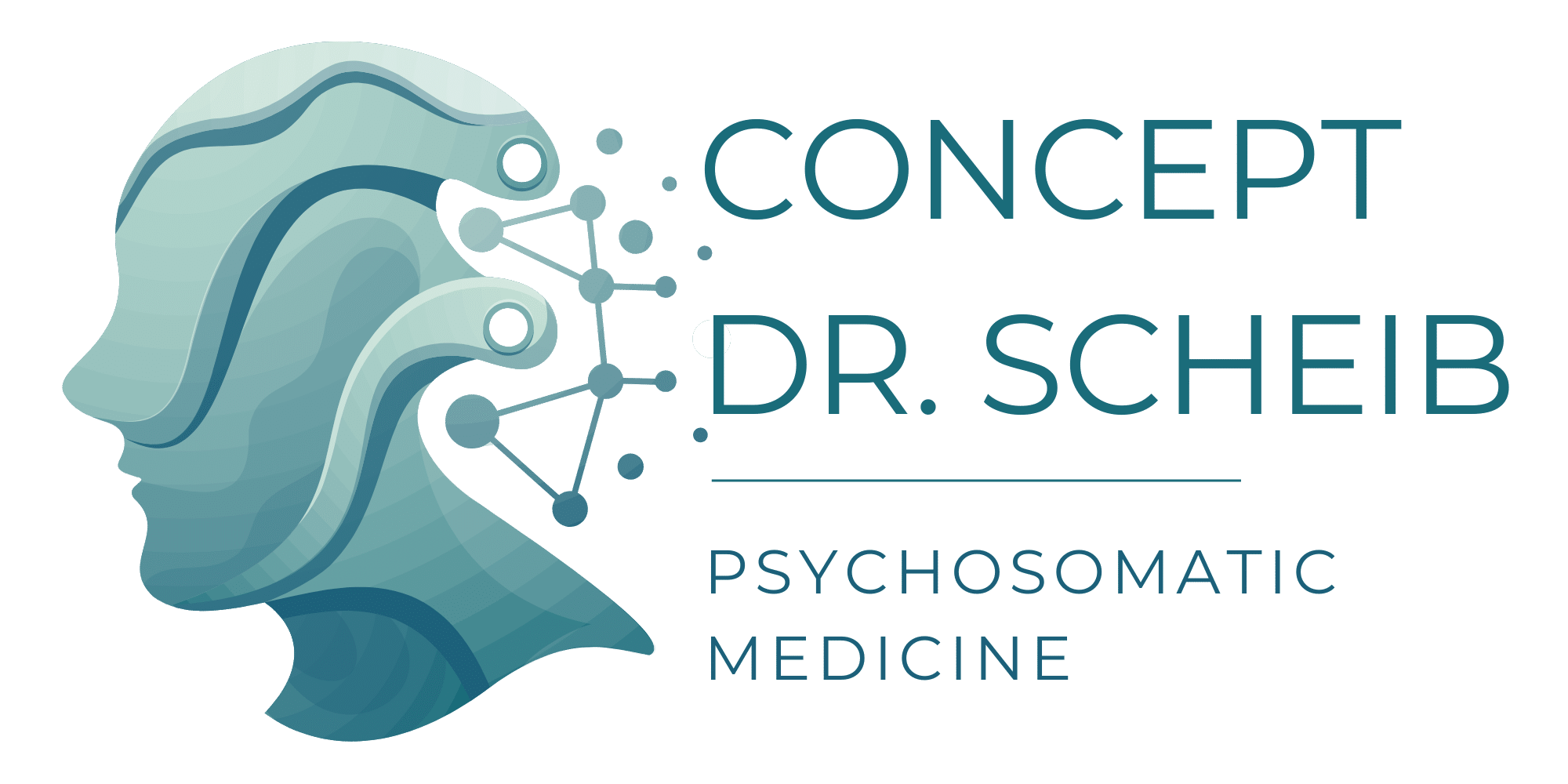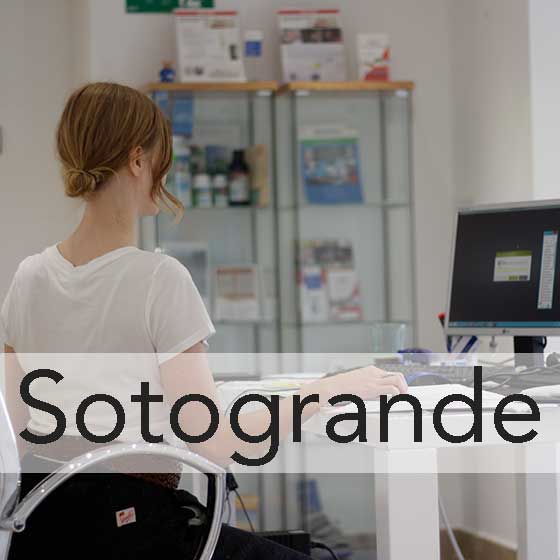Therapy-resistant depression
Therapy-resistant depression treatment with ketamine therapy, hypnosis, psychotherapy and repetitive transcranial magnetic stimulation (rTMS)
“I had almost given up.” With these words, Anna describes her long history of suffering from treatment-resistant depression. She had tried various therapies and medication for years, but nothing helped her in the long term. Her depression was resistant to treatment.
Anna’s story is not uncommon. Around a third of all depression patients do not respond to standard therapy. For these people, treatment with ketamine is a new hope.
What is treatment-resistant depression?
We speak of treatment-resistant depression when at least two different antidepressants have not been successful over a sufficiently long period of time and at a sufficient dosage. It is estimated that around 15 to 20 per cent of depression is considered treatment-resistant according to this definition.
However, this definition refers exclusively to treatment with traditional antidepressants (tricyclics, SSRIs, etc.). Other treatment methods are not taken into account. Chronic, treatment-resistant depression leads to immeasurable suffering and loss of enjoyment of life over many years. It is not uncommon for it to be the cause of suicide attempts or suicides.
According to the World Health Organisation (WHO), around 300 million people suffer from depression. An estimated 30% of these, i.e. around 90 million people, do not respond to standard treatment.
In Germany, around 3 million people suffer from treatment-resistant depression.
The WHO estimates that around 770,000 people die by suicide every year. Around 15% of these deaths, i.e. around 115,500, are linked to depression.
Further facts:
- Women are affected by depression twice as often as men.
- Most people with depression fall ill between the ages of 20 and 45.
- Depression is the most common cause of incapacity for work and early retirement.
Many of these people can be helped by ketamine infusion therapy. Ketamine also leads to a rapid and significant improvement in most treatment-resistant depression and to the disappearance of suicidal thoughts.
Ketamine – an anaesthetic with an antidepressant effect
Ketamine was originally developed as an anaesthetic. In recent years, however, it has also been shown to have a strong antidepressant effect. A single infusion can lead to a significant improvement in symptoms, even in cases of treatment-resistant depression.
How does ketamine work?
The exact mechanism of action of ketamine is not yet fully understood. However, it is known to increase the neuroplasticity of the brain. This means that the brain can form new neuronal connections. This is important as depression is associated with reduced neuroplasticity.
Ketamine infusions – whom are they suitable for?
Ketamine infusions are suitable for patients with treatment-resistant depression. This means that patients have already tried various therapies and medications without any improvement in their symptoms.
How is ketamine administered?
We administer ketamine intravenously, not as a nasal spray. The infusion takes about 40 minutes. Patients are accompanied by a doctor or therapist during the infusion.
What side effects can occur?
Adverse side effects occur in less than 5% of cases in our therapy setting. The possible side effects of ketamine infusions include:
- dissociation
- nausea
- vomiting
- headaches
- dizziness
- drowsiness
If these side effects occur, they mostly are mild and subside after a short time.
Ketamine infusion vs. nasal spray: advantages of intravenous administration


Ketamine can be administered both intravenously (IV) and as a nasal spray. However, intravenous administration offers several advantages:
- Higher bioavailability:
When administered intravenously, ketamine is absorbed directly into the bloodstream. This leads to higher bioavailability, i.e. a higher proportion of the active ingredient is absorbed by the body. - Faster effect:
Due to its direct absorption into the bloodstream, ketamine acts faster intravenously than as a nasal spray. - Fewer side effects:
Intravenous administration of ketamine is generally better tolerated than administration as a nasal spray. - More precise dosing:
With intravenous administration, the dosage of ketamine can be controlled more precisely.
Ketamine nasal spray:
Administering ketamine as a nasal spray is easier and more convenient, but the bioavailability is lower.
This means that there may be less effect and a longer onset time.
Side effects: Side effects of nasal administration of ketamine may include burning and irritation of the nasal mucosa and an unpleasant taste.
Conclusion:
Intravenous administration of ketamine is the preferred method for the treatment of treatment-resistant depression. It offers higher bioavailability, faster action, fewer side effects and more precise dosing. We treat treatment-resistant depression exclusively with IV ketamine infusions.
Ketamine infusions in combination with other therapies
Ketamine infusions are not a miracle cure. Ketamine only works in the long term in a few cases. It is therefore important to combine it with other therapeutic procedures. In combination with other therapies such as rTMS, neurofeedback and psychotherapy, ketamine infusions can be a very effective treatment option for treatment-resistant depression.
Why combining therapies is more effective
Combining therapies attacks depression on multiple fronts. Ketamine can quickly improve symptoms, while the other therapies address the underlying causes of depression.
As the ability to absorb and remember is limited in severe depression, psychotherapy often does not work properly. In combination with ketamine, new neuronal connections are created and the brain becomes more efficient. In this state, psychotherapy also works better. Recent studies show that cognitive behavioural therapy as well as other forms of psychotherapy and hypnosis in combination with ketamine lead to a lasting improvement in symptoms.
Repetitive transcranial magnetic stimulation also improves neuroplasticity. The pyramidal tract cells in the brain are influenced in their function by strong, pulsating magnetic fields. This also produces a lasting antidepressant effect. Here, too, there are current studies that confirm the synergistic effect of ketamine and rTMS.
Most patients with treatment-resistant depression can be helped by combining these methods.

Dr Scheib – a leading expert in the field of ketamine therapy
Ketamine infusions in combination with other therapies offer a new hope for people with treatment-resistant depression. Dr Scheib is a leading expert in the field of ketamine therapy. He has many years of experience in the treatment of treatment-resistant depression and has been involved in numerous studies on ketamine.
We offer personalised treatment of treatment-resistant depression with ketamine infusions in combination with other therapies. Our multimodal therapy is usually carried out as a 2-3 week intensive therapy.
In a detailed initial consultation, we determine whether ketamine therapy is suitable for you and which other therapy options are appropriate for you.
Other areas of application for ketamine infusions
In addition to treatment-resistant depression, ketamine infusions can also be helpful for other conditions. These include
- Post-traumatic stress disorder (PTSD) https://www.ncbi.nlm.nih.gov/pmc/articles/PMC5633004/
- Obsessive-compulsive disorder (OCD) https://www.ncbi.nlm.nih.gov/pmc/articles/PMC5877704/
- Anxiety Disorder https://www.ncbi.nlm.nih.gov/pmc/articles/PMC4434004/
- Addictive disorders https://www.ncbi.nlm.nih.gov/pmc/articles/PMC5477771/
- Chronic pain https://www.ncbi.nlm.nih.gov/pmc/articles/PMC4728512/
- Long Covid
- ME/CFS
- Suicidality
It is important to note that research on ketamine infusions is still at an early stage. However, more and more studies are being published that assess and prove the long-term efficacy and safety of this treatment method. We have summarised some of these studies for you here>>>
Please talk to us to find out if ketamine infusions could be suitable for you.
Do you have further questions?
Contact us without obligation
Whether you are interested in treatment for yourself or a relative, or if you are a referring physician and would like more information, we will be happy to answer your questions. Simply write to us or call us: +34 601906694
We are here:
Clinica Luz in Palma de Mallorca:
HumanLine Clinic Sotogrande:
Cooperation: Sana Gesundheit Frankfurt:
Cooperation: Verbundskrankenhaus Linz
F.A.Q. Treatment-resistant depression
Häufig gestellte Fragen zu unserer Therapie bei therapieresistenten Depressionen
Ketamine is indeed used in the drug scene – but in a much higher dosage and not as a continuous infusion, but as a single dose. At this dosage, the depth of the trance cannot be controlled. Long-term use of high doses can lead to chronic cystitis.
At the dosage used for the treatment of depression and other illnesses, there is no potential for addiction.
Ketamine has been an authorised drug since 1970. When used for the treatment of depression, compulsions, etc., it is a so-called “off label” treatment. These therapies are common and legal, but are not always covered by health insurance.
The number of ketamine infusions required varies from patient to patient. However, several infusions are usually required to achieve long-term improvement in symptoms.
Ketamine infusions are suitable for patients with treatment-resistant depression. However, the treatment should only be administered by an experienced doctor.





























